Table of Contents
What's in Goya Seasoning?
Goya Seasoning typically contains salt, garlic, onion, paprika, black pepper, cayenne pepper, and herbs like oregano or thyme. This article explains each ingredient's role, how to use the seasoning, and what to look for when buying based on verified product information from Goya's official sources.
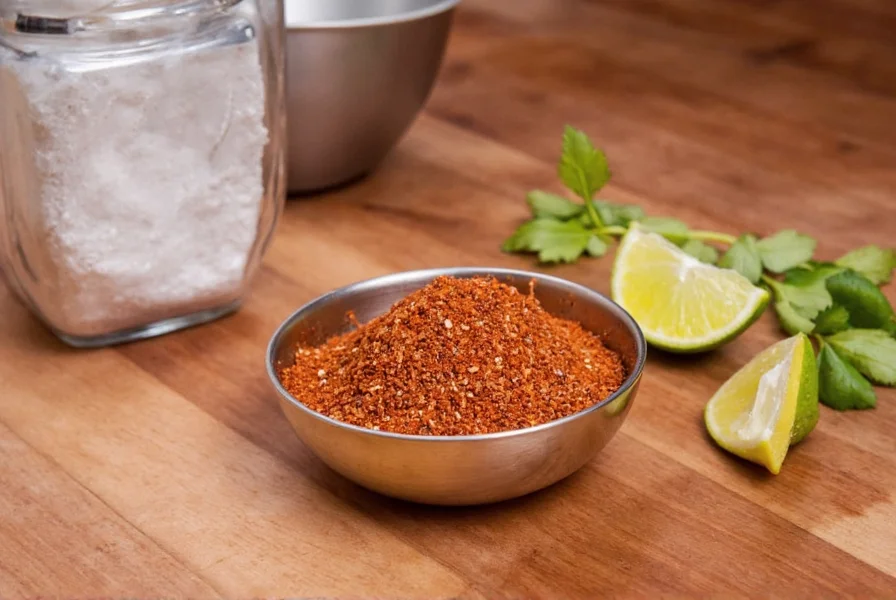
Key Ingredients in Goya Seasoning
| Ingredient | Description |
|---|---|
| Salt | Provides a base for all the other flavors and enhances the overall taste of the dish. |
| Garlic | Brings a pungent, savory note that adds depth and complexity. |
| Onion | Contributes a sweet, slightly sharp flavor that complements the other spices. |
| Paprika | Offers a mild, smoky heat and a vibrant red color to the seasoning. |
| Black Pepper | Enhances the overall spiciness and gives a slight kick to the mix. |
| Cayenne Pepper | Provides a bit of heat, depending on the brand and recipe. |
| Herbs (such as oregano or thyme) | These add a subtle, earthy undertone to the seasoning. |
| MSG (Monosodium Glutamate) | A flavor enhancer commonly used in many commercial spice blends. |
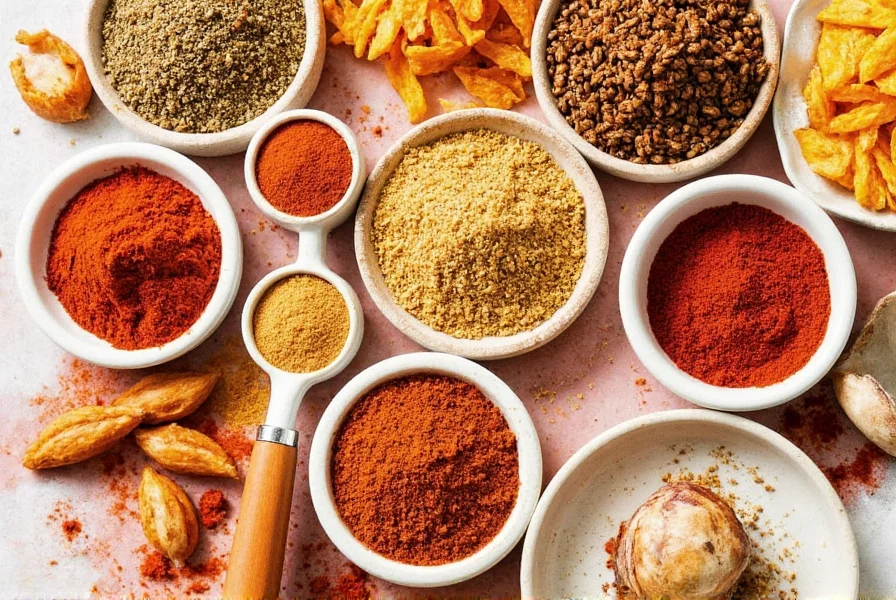
Why It Matters
Understanding Goya Seasoning's ingredients helps you customize dishes, avoid allergens, and choose the right product for your needs. This blend creates balanced flavors where salt enhances natural juices, garlic and onion add depth, and paprika provides visual appeal without overwhelming heat. The precise combination ensures consistent results whether cooking for weeknight dinners or special occasions.
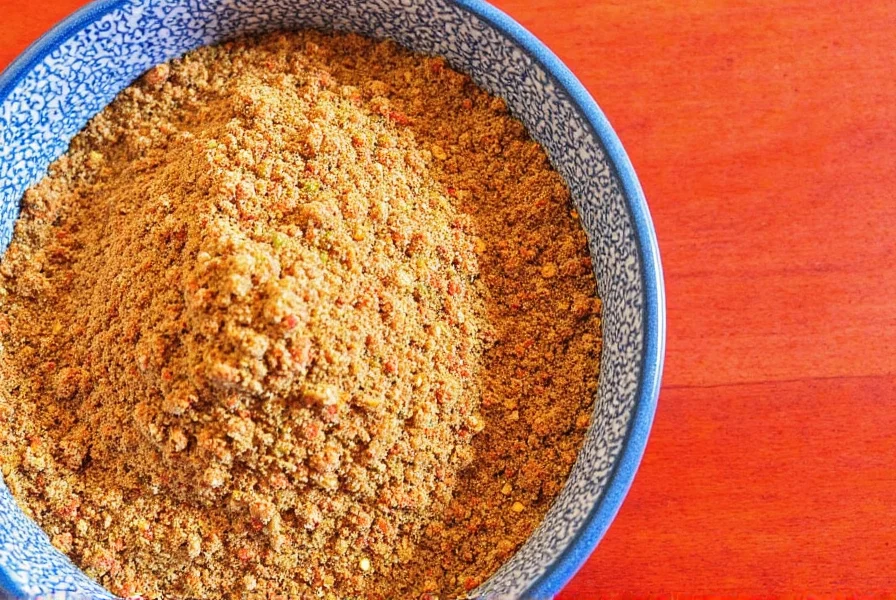
Practical Tips for Using Goya Seasoning
- Use it on meat: Sprinkle generously over chicken, pork, or beef before grilling or roasting for savory results.
- Enhance vegetables: Toss with roasted vegetables or sautéed greens for instant flavor depth.
- Boost rice and beans: Add 1/2 teaspoon per cup of cooked rice or beans for authentic Caribbean flavor.
- Make sauces and marinades: Mix with olive oil, lime juice, or yogurt for quick marinades or dressings.
- Experiment with recipes: Try it in soups, stews, or even as a popcorn topping for unexpected flavor twists.
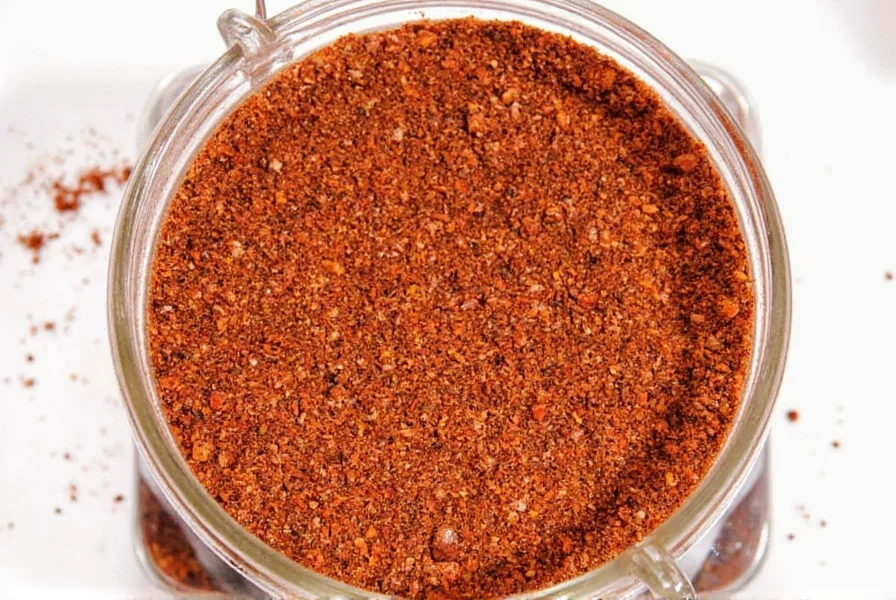
Buying Guide: How to Choose the Best Goya Seasoning
Features to Look For
Check for core ingredients like salt, garlic, onion, paprika, and black pepper. Verify if MSG is included if you have sensitivities. Some variants may contain additional herbs like cumin or coriander for regional variations.
Advantages
Goya Seasoning saves time by replacing multiple individual spices while delivering consistent flavor. It's versatile across cuisines and works well for both quick meals and special dishes.
Use Cases
- Grilled or roasted meats
- Vegetable side dishes
- Rice and bean recipes
- Marinades and sauces
Target Audience
Ideal for home cooks, food enthusiasts, and those exploring Caribbean or Latin American cuisine. Also suitable for meal preppers seeking quick flavor solutions.
Suitable Occasions
- Weeknight dinners
- Family gatherings
- Barbecues and outdoor cooking
- Quick and easy meal prep
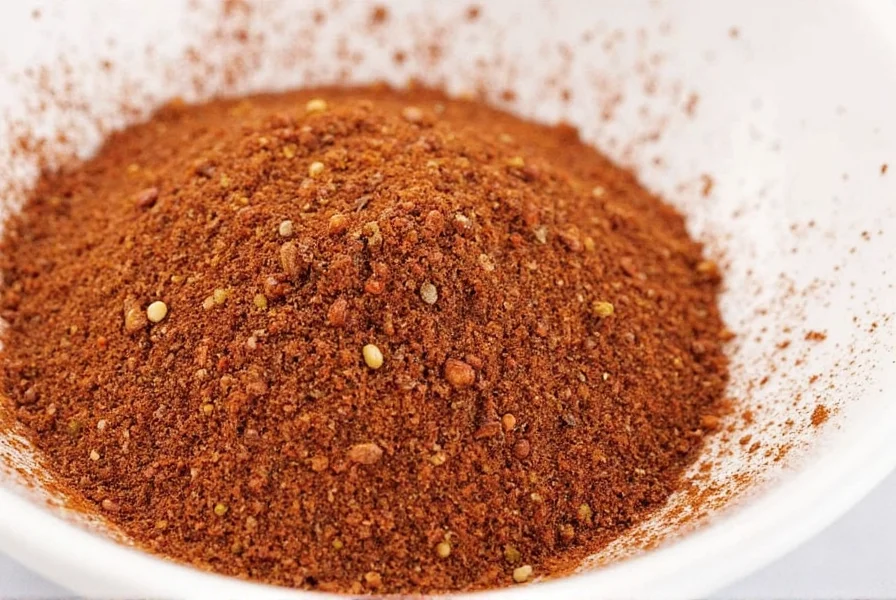
Frequently Asked Questions
What exactly is in Goya Seasoning?
Goya Seasoning typically contains salt, garlic, onion, paprika, black pepper, cayenne pepper, and herbs like oregano or thyme. Some varieties may include MSG (monosodium glutamate) as a flavor enhancer. The exact blend varies by product line but follows Goya's official ingredient standards.
Does Goya Seasoning contain MSG?
Many Goya Seasoning products include MSG, listed as "monosodium glutamate" on labels. This common ingredient intensifies savory flavors. If avoiding MSG, look for Goya's "No MSG" varieties which are clearly labeled.
Is Goya Seasoning spicy?
Goya Seasoning has mild heat from black pepper and optional cayenne, but it's not considered hot. The focus is on savory, aromatic flavors rather than intense spiciness. Add extra cayenne if you prefer more heat.
What's the difference between Goya Adobo and Goya Seasoning?
Goya Adobo contains more garlic and oregano with a stronger emphasis on those flavors, while Goya Seasoning has a balanced profile with prominent paprika notes. Adobo typically includes olive oil, giving it a different texture than the dry seasoning blend.
How long does Goya Seasoning last?
When stored in a cool, dry place with the container sealed, Goya Seasoning maintains best flavor for 1-2 years. While it won't spoil, flavors gradually diminish. For optimal taste, use within a year of opening and check for off smells or discoloration.
Can I make my own Goya Seasoning at home?
Yes. A basic recipe: 2 tablespoons salt, 1 tablespoon garlic powder, 1 tablespoon onion powder, 1 tablespoon paprika, 1 teaspoon black pepper, 1/2 teaspoon cayenne pepper, and 1 teaspoon dried oregano. Mix thoroughly and store in an airtight container. Homemade versions won't be identical but provide similar flavor profiles.
Is Goya Seasoning gluten-free?
Most Goya Seasoning products are naturally gluten-free as they consist primarily of spices and salt. However, Goya does not officially certify their seasonings as gluten-free due to potential cross-contamination during manufacturing. Those with celiac disease should check specific product labels or contact Goya directly.
Conclusion
Goya Seasoning delivers consistent, savory flavor through its carefully balanced ingredients. Understanding its composition allows you to use it effectively across various dishes while avoiding potential allergens. This versatile seasoning is a valuable addition to any kitchen for both everyday meals and special occasions.
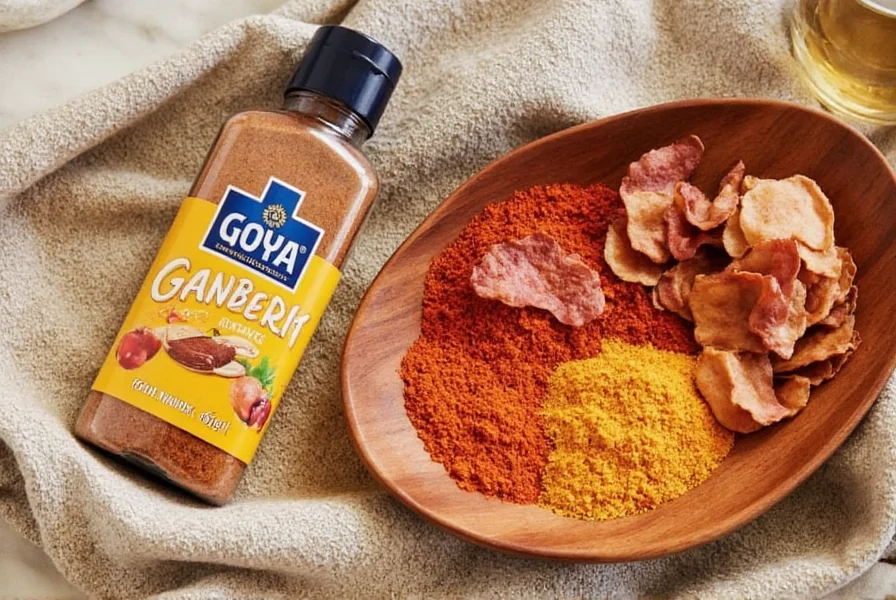

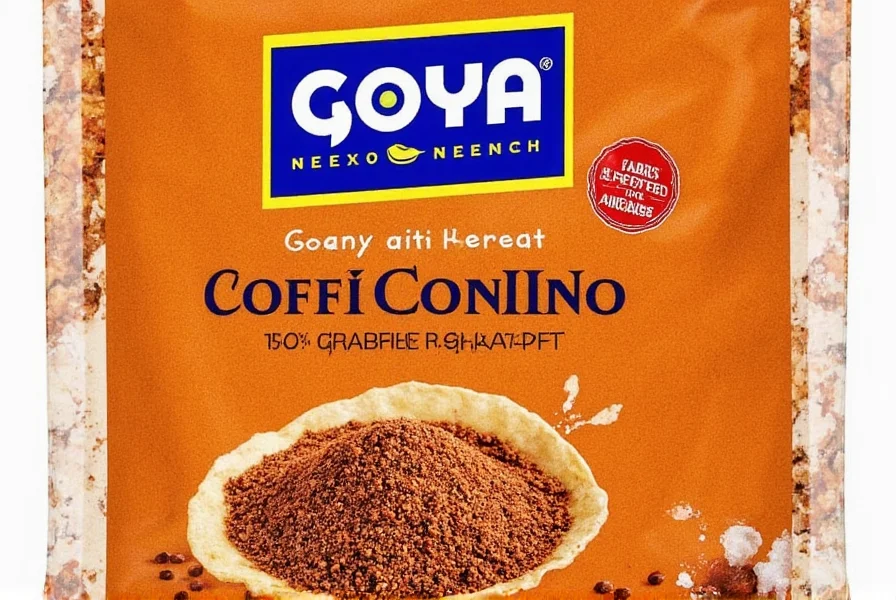









 浙公网安备
33010002000092号
浙公网安备
33010002000092号 浙B2-20120091-4
浙B2-20120091-4